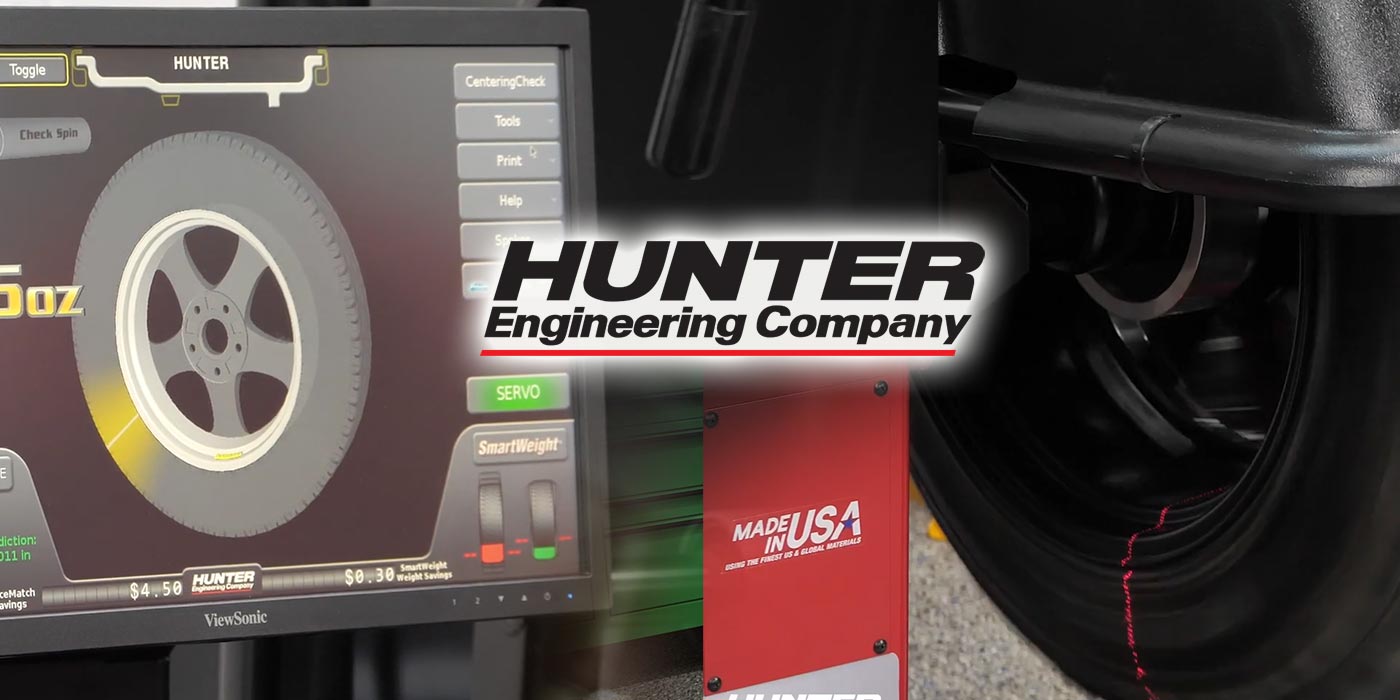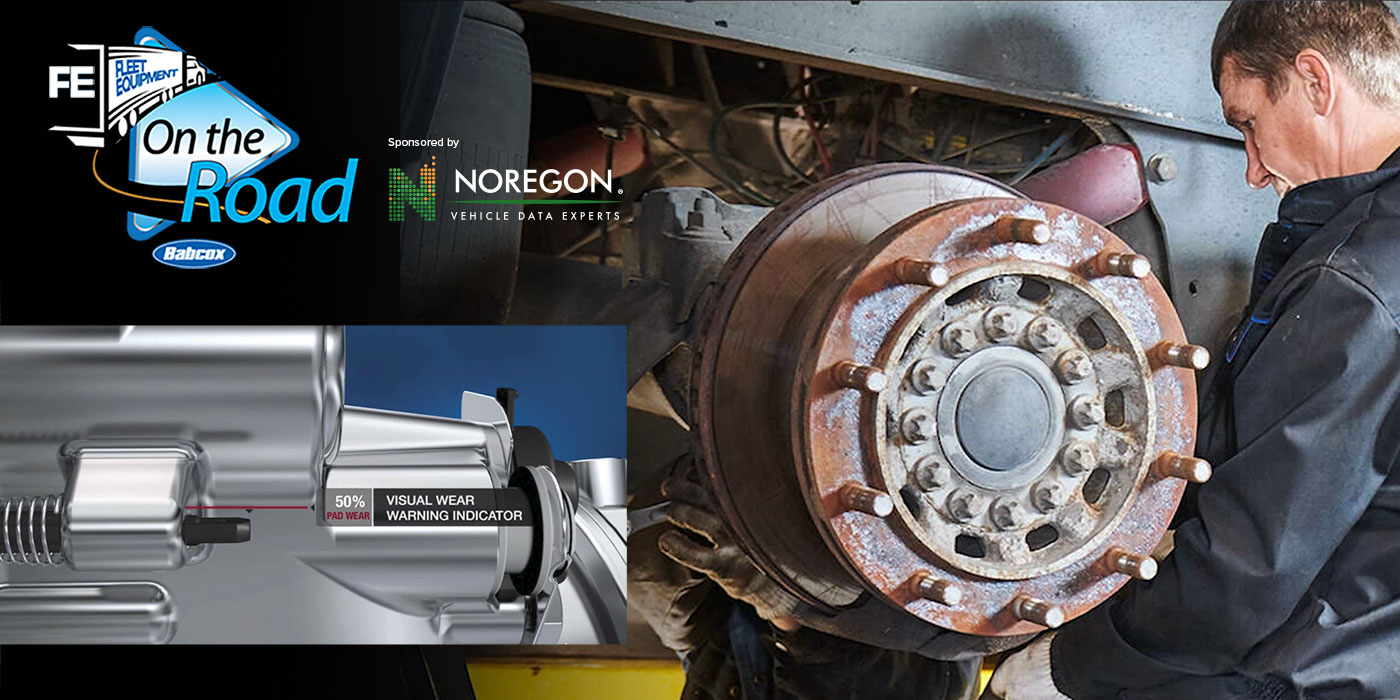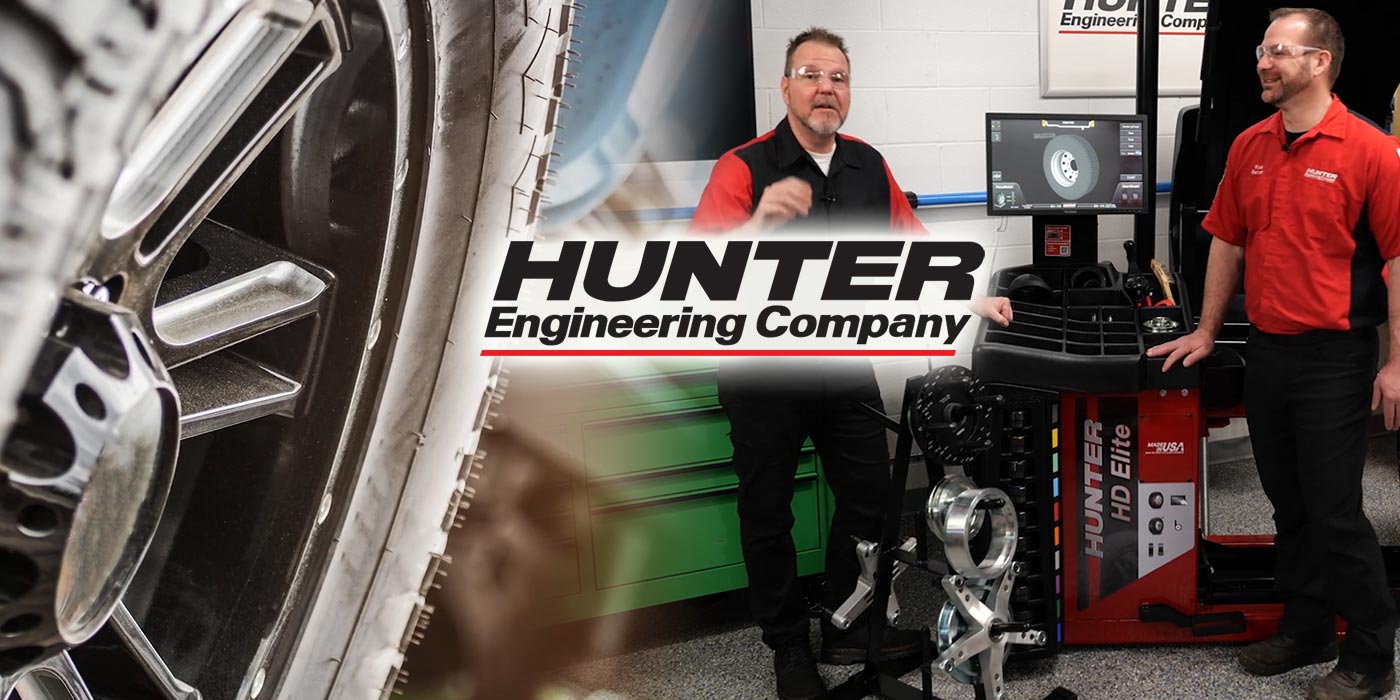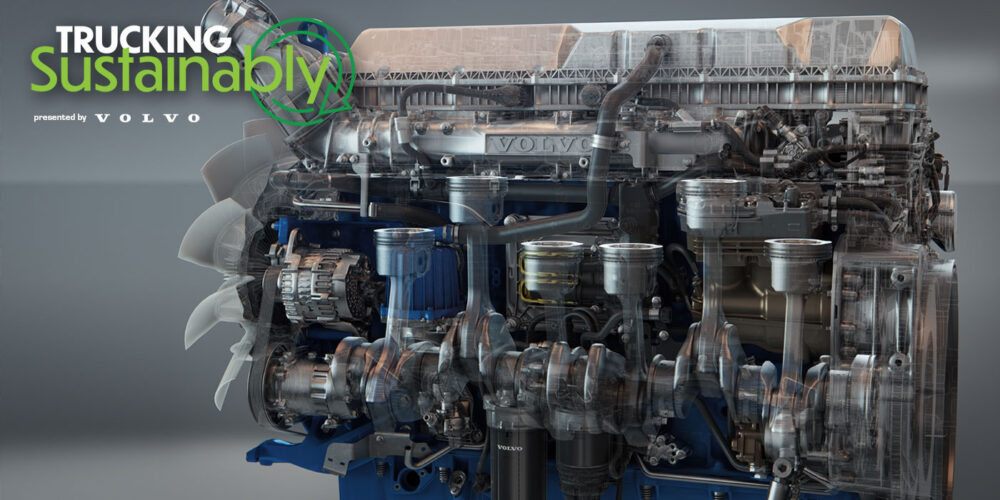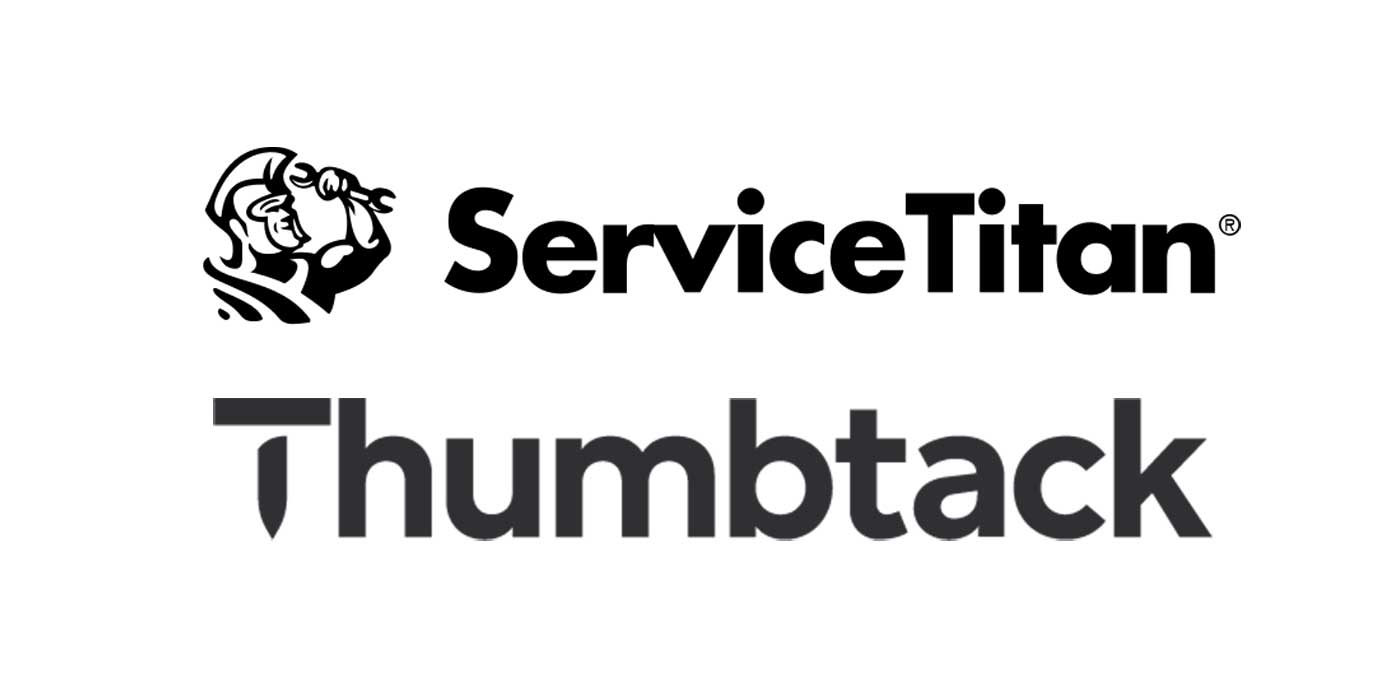Not only can data help to limit the time drivers are spending on the road, increasing driver satisfaction, it also helps fleets cut down on costs and improve customer satisfaction as well.
Click here to watch more of FE’s On the Road video series.
Here is a transcript of the video:
If you’re using any telematics software at all, you’ve probably used to getting all kinds of data updates. When you look at that data, no matter what it is, I want you to consider how it can be relevant to your driver retention and recruitment efforts.
When it comes to driver retention, many fleets tend to focus on the negative insights, like accidents and idling time. But there are other data sets that might be more useful for a fleet’s driver retention purposes.
For example, if a fleet’s best drivers are spending more time on the road than the rest of the fleet, there is an opportunity to change their schedule and prevent them from burning out. Route optimization and driver navigation data are some of the most beneficial insights for drivers. Not only does this data help to limit the time drivers are spending on the road, increasing driver satisfaction, it also helps fleets cut down on costs and improve customer satisfaction.
If a fleet is concerned about driver behavioral changes that lead to resignations, there’s data there too. Look at key factors like pay, workload and the kind of work you’re asking of a driver.
OK, providing good pay and a great work-life balance isn’t a revolutionary concept, and you probably don’t need me to tell you that safety is right up there among a driver’s chief concerns, too. But one trick to staying on top of this is by using driver scorecards. These can be a great way to recognize top drivers with bonuses, reward trucks and the like. But, it is important that the scorecard is fair.
Many times, drivers have a better understanding of data and what is being asked of them than someone working from an office might. They know that they have a lower MPG because they are always being asked to haul max-weight loads, versus a peer who might be hauling only lighter weight freight. So, if you’re going to go for this method, make sure that all the metrics are fair and balanced across the driver population.
Your data is ultimately only as powerful as the one who wields it. Numbers alone might not paint the full picture when coaching driver safety behaviors. So, consider the time and place that an event occurred, the weather and traffic conditions at the time as well as the driver’s history.
But, analyzing data isn’t always an “A+B=C” solution. Before you put your data to work, remember that your data is only as strong as it is accurate. With so much to process, it can be easy to jump to conclusions based on analyzing too few data points, or the wrong data altogether. So, step one should always be normalizing your data, organizing what you know in a way to produce the most successful outcome for your fleet. Oftentimes, your telematics provider of choice can help you with that.

